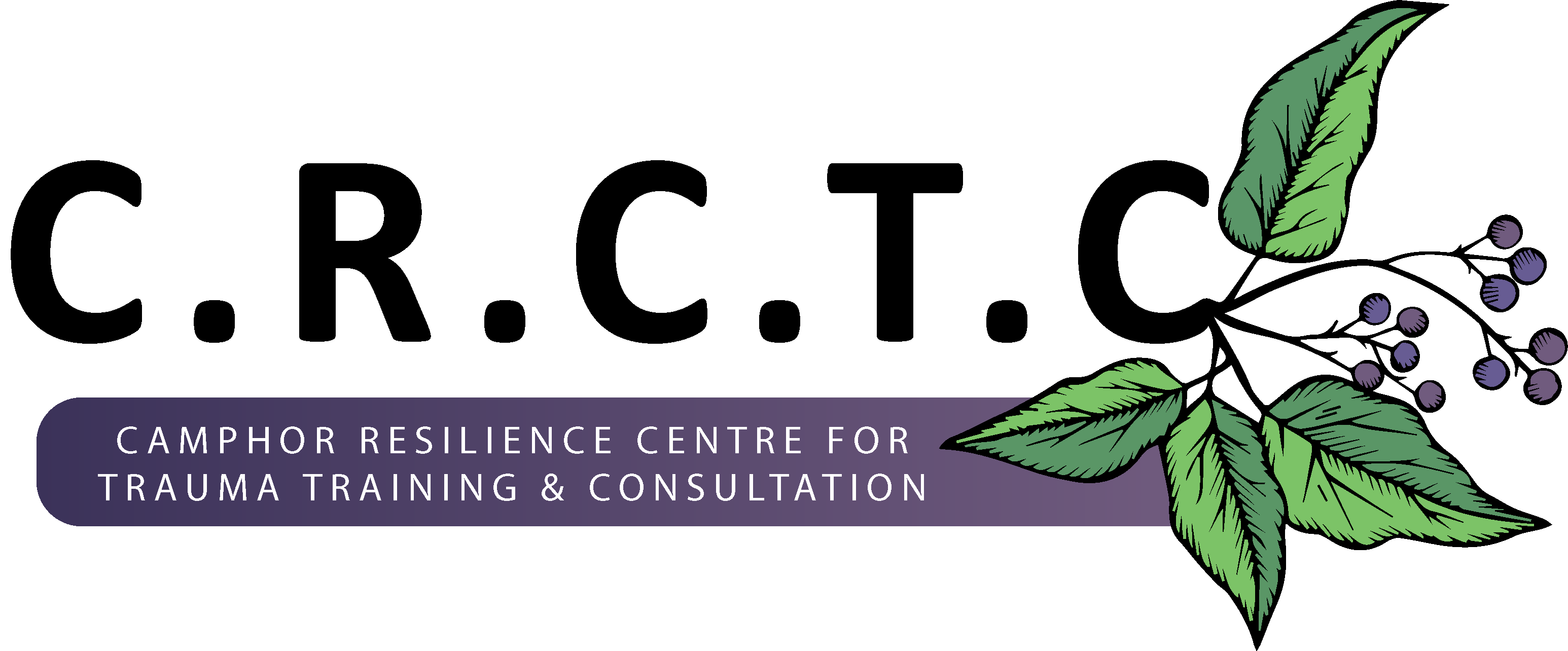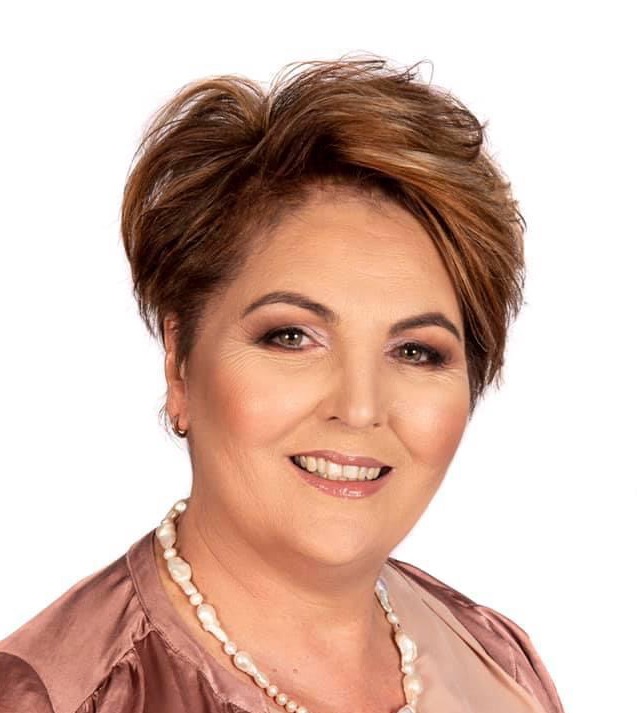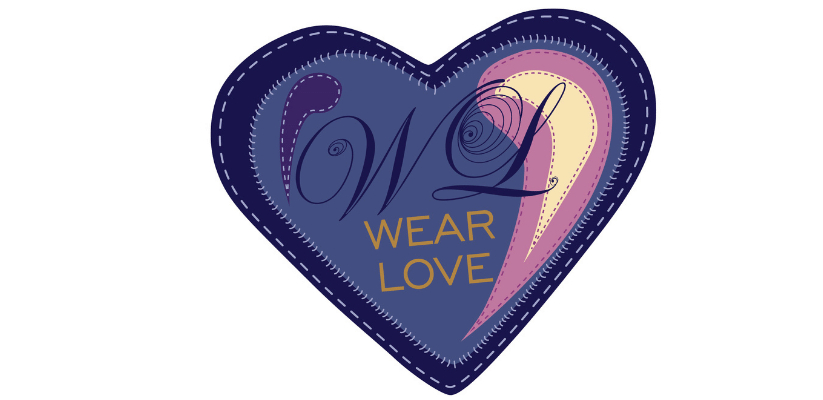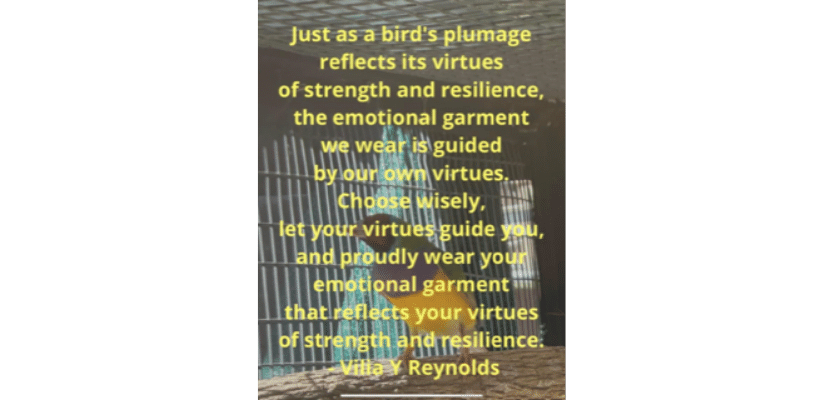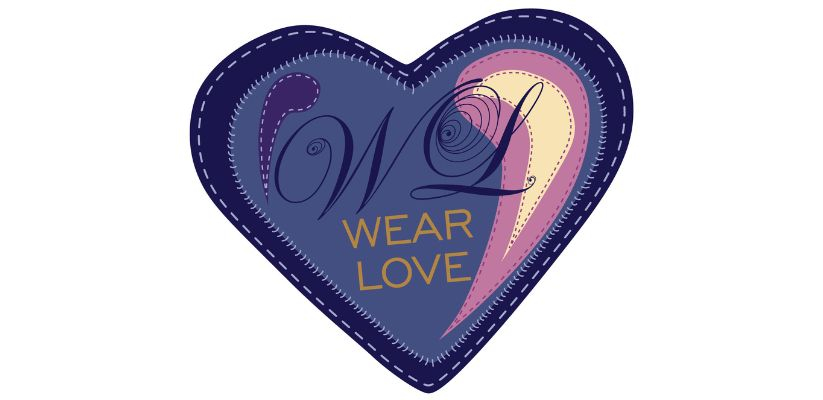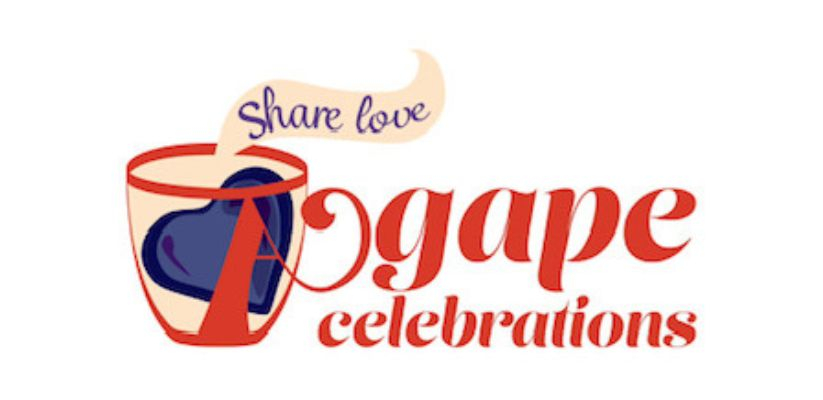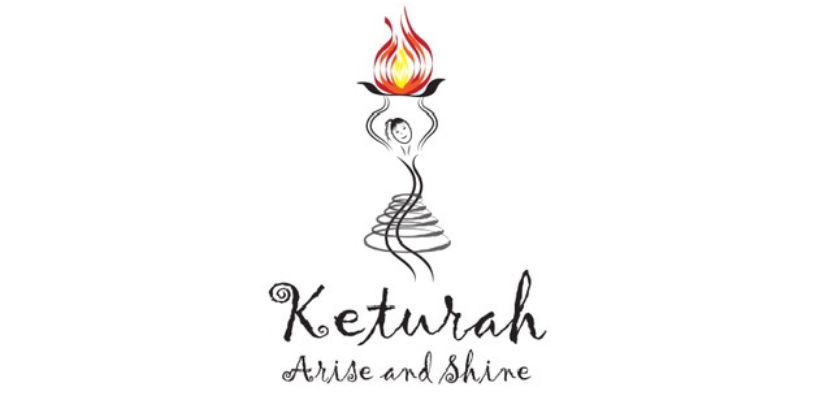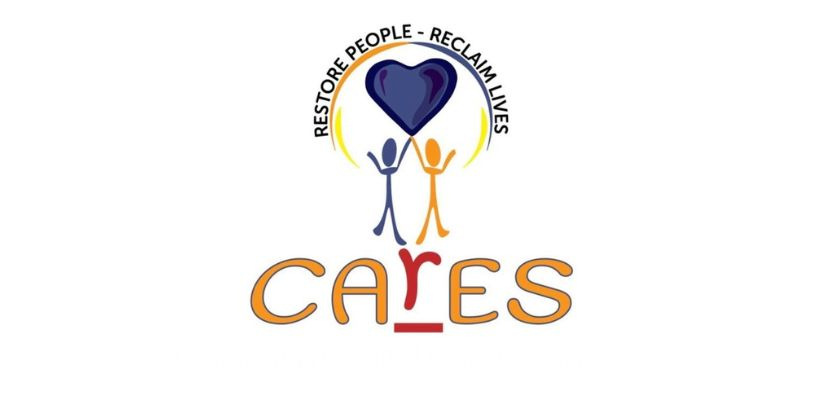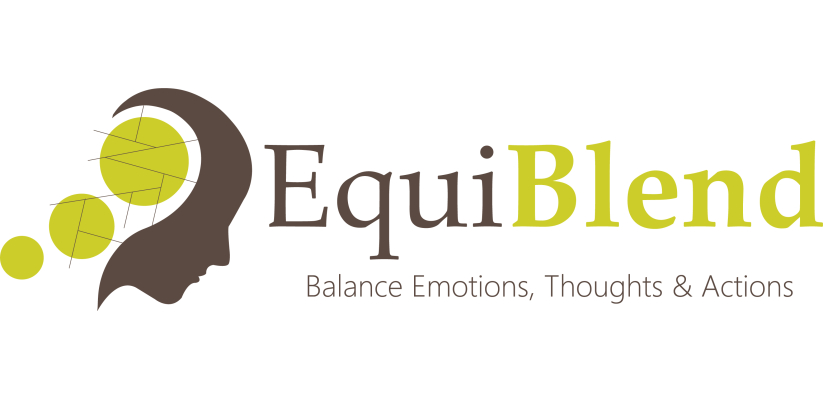Understanding Trauma: The Impact of Core Assumptions, Blind Spots, Mental Blocks, and Misguided Indicators on Healing
"Healing starts when we confront our inner shadows—acknowledging blind spots and core assumptions, discovering that the journey through trauma is a courageous act of self-discovery." Vilia Y Reynolds
Trauma is a complex experience that affects individuals differently, influencing their choices and life stresses. This exploration delves into how core assumptions, blind spots, mental blocks, and misguided indicators can hinder healing.
Introduction
Everyone experiences life events that can be traumatic. Whether it's a soldier returning from duty after experiencing combat, a child who has endured neglect, or someone escaping domestic violence, trauma leaves its mark. However, it is not just the event itself that impacts recovery; psychological phenomena such as core assumptions, blind spots, mental blocks, and misguided indicators can play significant roles in how we process and heal from these traumas.
Blind Spots and Mental Blocks
Blind spots are the areas where we lack awareness about our feelings or history. Sometimes, we refuse to acknowledge our pain or the impact of past experiences—this is a mental block. Imagine Lily, a woman who experienced childhood trauma but never spoke about it. She deflects when asked about her past, saying things were "just fine." Her blind spot keeps her stuck in denial, and her mental block prevents her from confronting the painful memories that haunt her.
Societal stigma often reinforces these blocks, creating a cycle where individuals feel ashamed of their experiences. This can lead to further difficulty seeking help, causing deeper layers of suffering to remain unexamined.
Misguided Indicators
Misguided indicators are those misleading signs that suggest a person is doing well when, in fact, they may be burying their trauma. For instance, David appears to be thriving at work and is actively engaged socially. However, underneath, he is struggling emotionally, masking his pain with distractions.
Take Sarah as another example—a survivor of domestic violence who seems to have moved on by getting promotions at work and going out with friends. To others, she appears to be living a fulfilled life, but she wrestles with anxiety and fear that stem from her past. Such misguided indicators can obscure the actual state of one's mental health and delay genuine healing.
Core Assumptions and Fixed Ideas
Core assumptions are foundational beliefs about ourselves and our world. For example, a veteran dealing with post-traumatic stress disorder (PTSD) might believe, "I am weak" or "All people are untrustworthy." These beliefs can trap individuals in negative thought patterns, making it challenging to re-engage with life.
Consider Sam, a veteran who believes he must always be in control. Because of this, he avoids situations that might feel overwhelming, like family gatherings. He misses out on reconnecting with loved ones because he believes feeling vulnerable equates to weakness. This limitation creates a cycle of isolation and negative self-perception, making his healing process slower and more complex.
The Ineffectiveness of Self-Help Therapies
Self-help approaches are widely available and can offer temporary relief. Books, apps, and online courses present helpful tips or coping strategies. However, they often fail to tackle the deeper aspects of trauma. For example, a person might learn relaxation exercises only to find that their core beliefs are still in pain.
When Jamie, a survivor of childhood trauma, reads a self-help book that suggests positive affirmations, she feels momentarily uplifted. Yet, her internal narrative—rooted in self-doubt and fear—continues to sabotage her attempts at healing. This highlights how self-help can sometimes be a superficial balm over deeper wounds.
The Value of Multidisciplinary Approaches
To effectively address trauma, we must employ a multidisciplinary approach. Applied Metapsychology, for example, combines various therapeutic modalities to delve deeper into one's consciousness, unpacking complex experiences in a supportive manner.
Consider Tom, who sought traditional therapy for his PTSD but found relief only through a multifaceted approach that involved trauma counselling, behaviour therapy, trauma life coaching, and group support. Trauma Incident Reduction Techniques, grounded in Applied Metapsychology, integrate various methods; Tom was able to confront his core assumptions, address blind spots, and ultimately redefine his relationship with his trauma.
Conclusion
Understanding trauma requires acknowledging how intricate factors like core assumptions, blind spots, mental blocks, and misguided indicators shape our healing journey. While self-help methods can provide initial comfort, they often overlook the deeper complexities of trauma. A holistic approach, such as Applied Metapsychology, offers the opportunity for proper recovery by addressing the full spectrum of emotional pain.
In our shared pursuit of healing, let us remember that seeking help beyond surface-level solutions is okay. We can navigate our paths towards comprehensive healing and reclaim our lives by fostering awareness of these psychological elements.
